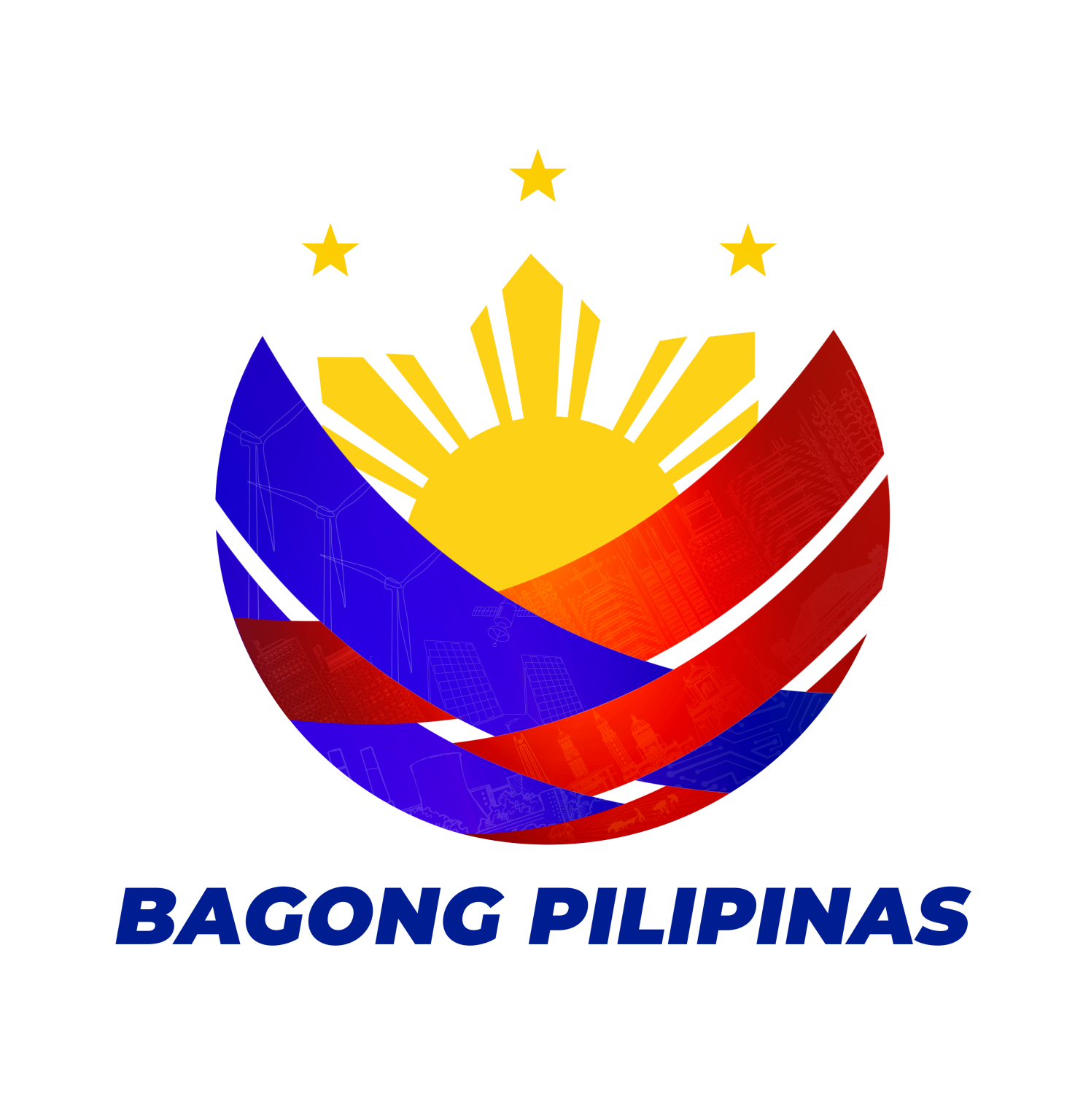Annabelle C. Neri, 43, and Lorena A. Codilla, 40, are among the members of “Rewasa” which stands for Rebokon Water-System Association, a group that manages water-system project they had as volunteers of Kalahi in Dumalinao, Zamboanga del Sur.
When asked about what and how much they know of DSWD services then, they all gave the same response limited to just child/dren’s care and assistance. Little did they know of the various programs and services that the department is offering until Kalahi-CIDSS was introduced in barangay Rebokon on 2013.
Kapit Bisig Laban sa Kahirapan – Comprehensive and Integrated Delivery of Social Services (Kalahi – CIDSS) is one of the three core programs of the Department of Social Welfare and Development (DSWD). It uses the CDD strategy to empower ordinary citizens to actively and directly participate in local governance of identifying their own community needs, planning, implementing and monitoring projects together to address local poverty issues.
At first they thought Kalahi-CIDSS was an entirely different program apart from the department, but soon after they were made to understand what the program is all about to include its processes, they’re glad to find out that they will be participating.
Although a little hesitant they were at the start, not knowing what to expect with the roles given to them by their fellow volunteers, but instead they focus on what they could benefit out of joining the program as a community.
Annabelle, a teacher by profession, found her way in Kalahi-CIDSS program and now the association’s president. She recalled how much hardwork they’ve been through while campaigning for their sub-project which later led to an eventual prioritization.
“Tanan nga pakiluoy, pakiusap sa kanila na sana iboto nila kami, kay dito wala kaming tubig. Lisud baya ang tubig sa una, magpila pa para makatubig”, she related.
(We appealed to them to vote for us, because we hardly have water around, we need to get in line to fetch some).
The community saw the need to an improve access to safe water especially during rainy season when the water source is hardly clear. What makes it all the more difficult for them is that they have to wake up at dawn to secure gallons of water to avoid other inconveniences.
Despite the struggles in transporting the materials to the area, their sub-project was completed by 2013.
Lorena, who used to run a small-time “carenderia”, for additional income since farming alone could not suffice their daily needs, later joined the program after she heard it from her husband who is also a volunteer.
She could have focused her attention to their small eatery house but she couldn’t let their efforts go to waste. She felt that she could do a difference by taking on the role as the association treasurer, she wanted to make sure that the recording is accurately done.
Admittedly though, she lacks confidence in pursuing a career due to her right-eye condition but she had worked as bookkeeper then during college. But she has overcome her insecurities and regained confidence after volunteering for Kalahi-CIDSS. She said this is one of the legacies that she could leave the community, that she could be remembered for her work ethics especially in keeping accurate recording for their association.
Thus the intention of charging installation fees for water supply and collection per gallon was primarily for operations and maintenance purposes.
With an increase in income, they were able to allot allowance of 1000 each monthly for four plumbers who monitor water supply, leaking and other necessary repairs. They also conducts monthly meeting for income updates since they were provided space by the barangay officials to convene.
Both Annabelle and Lorena were glad that such services of the department came, “apil man diay ning Kalahi sa DSWD, mas maayo man, maguba ang among tubig sa una, tagtulo, tagduha ka adlaw dili moagas… karun maguba aron, dili muagas mga pila lang kaoras kay naa na mag maintain, magtinabangay man”.
(It’s good that Kalahi is a part of DSWD. Before it would take us three or two days to repair when we encounter problem with the water stand, but now it take us only hours to repair since there is someone’s incharge of the maintenance and everyone would help out).
Today “Rewasa” has been servicing to 6 out of the 11 puroks within Rebokon. ###





You must be logged in to post a comment.